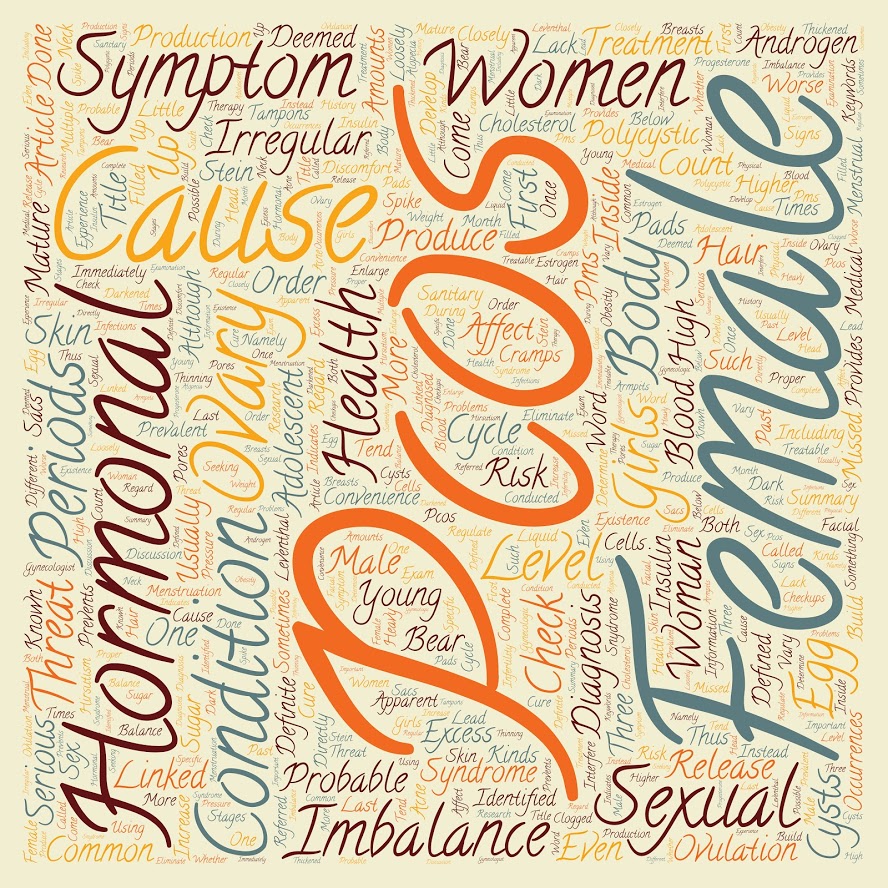Is There a Treatment for PCOS?
Polycystic Ovary Syndrome or PCOS is a common gynaecological condition that can have a significant impact on your health and wellbeing. Unfortunately, we don’t yet have a cure for PCOS but that doesn’t mean that there is nothing we can do to improve your symptoms.

Getting Diagnosed with PCOS
The first step to getting your symptoms under control is to find out exactly what is causing them. If you’re experiencing any menstrual problems such as irregular periods or not having periods any more then it is a good idea to talk to a gynaecologist at the Cardiac Screen clinic. You may also notice symptoms such as hair growth on your body, hair loss on your head, weight gain or acne if you have PCOS. PCOS can also cause fertility problems so you might become aware of it after trying to get pregnant.
Your gynaecologist will ask about your symptoms and general health. If the doctor thinks that you might have PCOS then you may have a blood test to check your hormone levels and a pelvic ultrasound scan to check your ovaries.
You will be diagnosed with PCOS if:
- You have irregular periods
- The levels of androgens or “male” hormones are higher than usual
- There are many fluid-filled sacs in your ovaries
Treatments for PCOS
If you are diagnosed with PCOS then your gynaecologist will recommend some steps you can take to relieve your symptoms and reduce the risk of complications such as fertility problems and type 2 diabetes. The doctor might also recommend some medication to help with some of your symptoms. These treatments won’t cure your PCOS but they can help you to manage the condition.
Lifestyle Changes
Lifestyle changes are one of the most effective treatments for PCOS. The effects of PCOS tend to be worse if you are overweight so it is important to reach or maintain a healthy BMI. If you are overweight when you are diagnosed with PCOS then you may start to see an improvement if you lose just 5-10% of your excess weight. As well as relieving your symptoms, losing weight can also help to make your menstrual cycle more regular.
Eating a balanced diet that is low in sugar and getting regular exercise should help you to achieve a healthy weight. Making these lifestyle changes can also help to prevent issues such as type 2 diabetes which can be associated with PCOS.
Medication to Reduce PCOS Symptoms
Lifestyle changes aren’t always enough to control your PCOS symptoms. The most common medication for PCOS is hormonal contraception. You can take the pill or use other options such as the hormonal IUD, injection or patch. The hormones will regulate your menstrual cycle and if you’re able to take a combined contraceptive that includes oestrogen, it can also tackle PCOS symptoms such as acne and hair growth.
If you’re still experiencing PCOS symptoms after about six months then your gynaecologist may recommend additional medications to control specific issues such as hair growth or your weight.
Fertility Treatments
One of the possible signs of PCOS is an irregular menstrual cycle. You might not be able to predict when your period will arrive. You could miss some periods or not have periods at all, even though you aren’t pregnant or menopausal. When irregular periods are caused by PCOS they are a sign that you are not ovulating (releasing eggs) regularly. If a mature egg isn’t available to be fertilised then you won’t be able to get pregnant.
Some women will be able to get pregnant despite having PCOS, especially if lifestyle changes have helped to reduce their symptoms. Various medications can also help to increase your chances of conceiving by stimulating ovulation. Many women with PCOS are able to conceive after taking these medications.
Managing the Risks of PCOS
If you have PCOS then you are more likely to be affected by type 2 diabetes and high cholesterol. The lifestyle changes you’re making to reduce the impact of your PCOS should help to reduce the risks of these complications. However, you should be aware of the risks and you may want to visit Cardiac Screen for regular heart screening so that we can check for these issues. If you do develop a condition such as diabetes then you may need medication to treat that alongside your PCOS.







